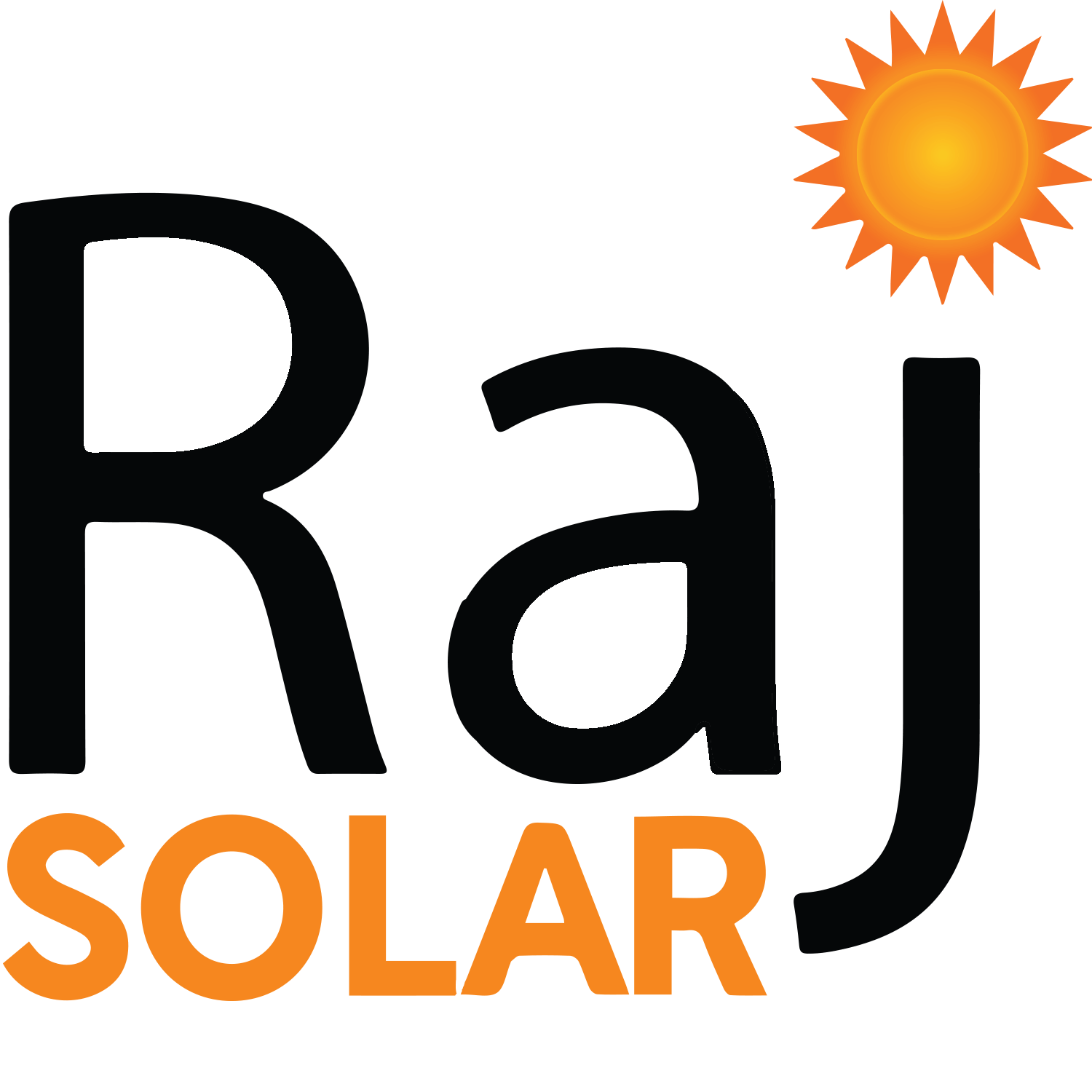Energy crisis is a serious threat to developing & under-developing countries. Reliance on traditional energy sources has impacted the industrial sector across the world. Similar is the case in Pakistan, where the industrial sector is grappling with rising costs and energy shortage issues. In the current scenario, opting to integrate renewable energy sources appears to be the most sensible solution.
Since Pakistan enjoys abundant sunlight, solar energy is our most reliable energy source. That is the reason many businesses have integrated solar energy solutions whether in the form of solar panels, solar water heaters or Solar PV Systems to reduce their dependence on traditional energy sources and cut down operational costs as well.
In this article, we will specifically explore transforming of manufacturing with how solar water heaters. Learn specific use cases that have optimized the manufacturing landscape in Pakistan.
Benefits of Solar Water Heaters in Manufacturing
Before we delve into how solar water heaters are incorporated within different industries, we would like to briefly highlight the significant benefits that they bring for the industrial sector.
First & foremost, solar water heaters significantly reduce your reliance on conventional fuels, as they function on renewable solar energy. This shift results in considerable cost savings for manufacturers, as solar energy is free and abundant in Pakistan.
Moreover, businesses are transitioning towards the adoption of energy-efficient and environmentally friendly business practices to play their part in the preservation of the planet. Here also, solar water heaters emerge as the best alternative. They help in reducing greenhouse gas emissions.
Lastly, enhanced energy-efficient appliances and machines help to stabilize production processes, thereby lowering operational costs.
Innovative Uses in the Manufacturing Industry
In this section, we will review the different use cases of hot water application across various industries and how solar water heaters can efficiently fulfill this requirement.
1- Textile Industry
In the textile industry, the following processes can be streamlined with the integration of solar water heaters.
- Dyeing and Bleaching Processes: Dyeing and bleaching require large volumes of hot water. Solar water heaters can provide the necessary heat, reducing the reliance on gas or electric boilers.
- Washing and Finishing: During the washing and finishing stages maintaining specific temperatures is critical to ensure the standardized outcome. Solar water heaters ensure constant hot water supply.
Reduction in fuel costs, lowering of operational expenses, decrease in carbon footprint and reduction in energy consumption levels are some of the significant benefits that textile industries can enjoy with the integration of solar water heaters.
2- Food and Beverage Industry
The food & beverage industry relies on hot water supply to carry out the following functions:
- Pasteurization: Milk or other beverages need to be heated to specific temperatures to kill harmful bacteria. This process is referred to as pasteurization and solar water heaters help by providing a constant supply of hot water at a specified temperature. This ensures product safety and quality.
- Cleaning and Sterilization: Large food processing units require hot water for cleaning and sterilization of equipment.
By using solar-heated water, food and beverage units can maintain high hygiene standards and cut down their electricity bills. Not only that, but they can maintain their product quality as well.
3- Chemical Industry
The chemical industry requires hot water application in the following processes:
- Heating Solutions for Chemical Reactions: Precise temperature control is essential for various reactions. Solar water heaters can provide the necessary heat, ensuring consistent reaction conditions
- Equipment Cleaning: Hot water is essential for cleaning reactors, pipelines, and other equipment in chemical plants. Solar water heaters can fulfill this requirement easily and effortlessly.
Solar water heaters are a reliable and cost-effective solution to cater to hot water requirements in chemical industries. They minimize operational costs and reduce the environmental impact as well.
4- Pharmaceuticals
Pharmaceuticals need hot water for the following processes:
- Sterilization: The pharmaceutical industry relies heavily on sterilization processes to ensure the safety and efficacy of products. Solar water heaters provide a steady supply of hot water for autoclaves and other sterilization equipment, reducing energy consumption and operational costs.
- Formulation and Processing: Maintaining specific temperatures is crucial in the formulation and processing stages. Solar water heaters can efficiently provide the required heat, ensuring high-quality production while lowering energy costs. This not only boosts profitability but also enhances the company’s sustainability credentials.
Solar water heaters are a reliable and cost-effective solution to cater to hot water requirements in chemical industries. They minimize operational costs and reduce the environmental impact as well.
Government Initiatives and Support
The Pakistani government is actively promoting solar energy through various policies and incentives. Financial subsidies and tax benefits have been made part of the 2024-2025 budget.
Challenges and Future Outlook
Despite clear advantages, there are few challenges in the adoption of solar water heaters. The initial investment and maintenance requirements can appear daunting and intimidating. However, technological advancements are making solar solutions more affordable and efficient. As awareness grows and costs decrease, the future looks promising for the widespread adoption of solar energy in Pakistan’s manufacturing sector.
Conclusion
Transforming manufacturing with solar water heaters is no longer a dream but a necessity as solar geysers provide a sustainable, cost-effective, and efficient energy solution to traditional water heaters. As more manufacturers embrace this technology, we can expect significant improvements in energy efficiency and environmental impact. It is time for Pakistan’s manufacturing sector to take bold steps towards a sustainable future by harnessing the power of solar energy.


